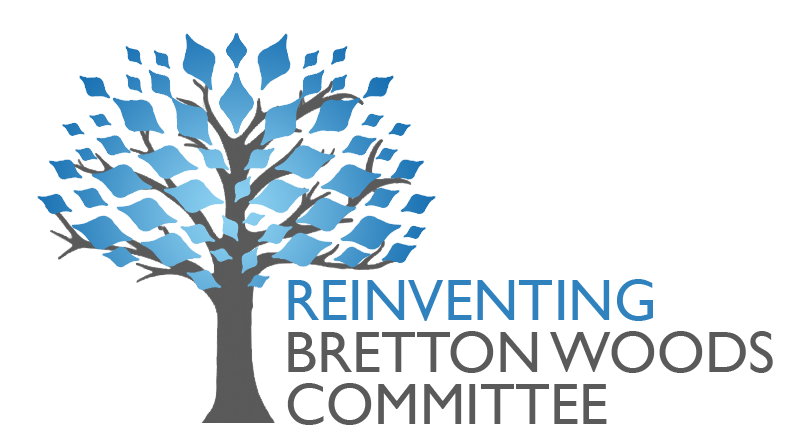40 Years After the Breakdown of the Bretton Woods System: A New Geography of International Finance?
Washington DC, USA
September 25, 2011
Partners


Overview
The conference, which was the only event during the IMF Meetings focusing specifically on the international monetary system, had the official support of the French presidency of the G20. The event allowed a fluid and interesting interaction between participants that sent the clear message that a new geography of the international economy requires a new international monetary system and hence the role of new currencies. There was consensus around the table that the world had lost its benchmark. Assets traditionally considered safe were no longer safe, and many were uncertain as to whether the system had sufficient incentives to produce such assets. US policies were described as no longer consistent with the requirements of a reserve currency. Safety nets were perceived as insufficient to support countries in distress. Yet, participants also recognized that there were neither sufficient resources nor the right institutions to rescue all countries. As next steps participants argued for an expansion of a safety net including new IMF facilities with some institutionalization of inter- central bank swap lines, a timetable for Renminbi liberalization, a framework for capital account management and a broadening of SDR basket.
Agenda
Speakers
- Changyong RHEE: Chief Economist, ADB
- David DAOKUI LI: Professor of Economics, Tsinghua University
- Felipe LARRAIN: Minister of Finance, Chile
- Jean Pierre LANDAU: Deputy Governor, Bank of France
- Marc UZAN: Executive Director, Reinventing Bretton Woods Committee
- Ousmene MANDENG: Managing Director, Head of Investment Policy Advisory, FICC, Financial Public Sector Institutions, UBS
- Ranjit TEJA: Deputy Director, Strategy, Policy and Review Department, IMF
